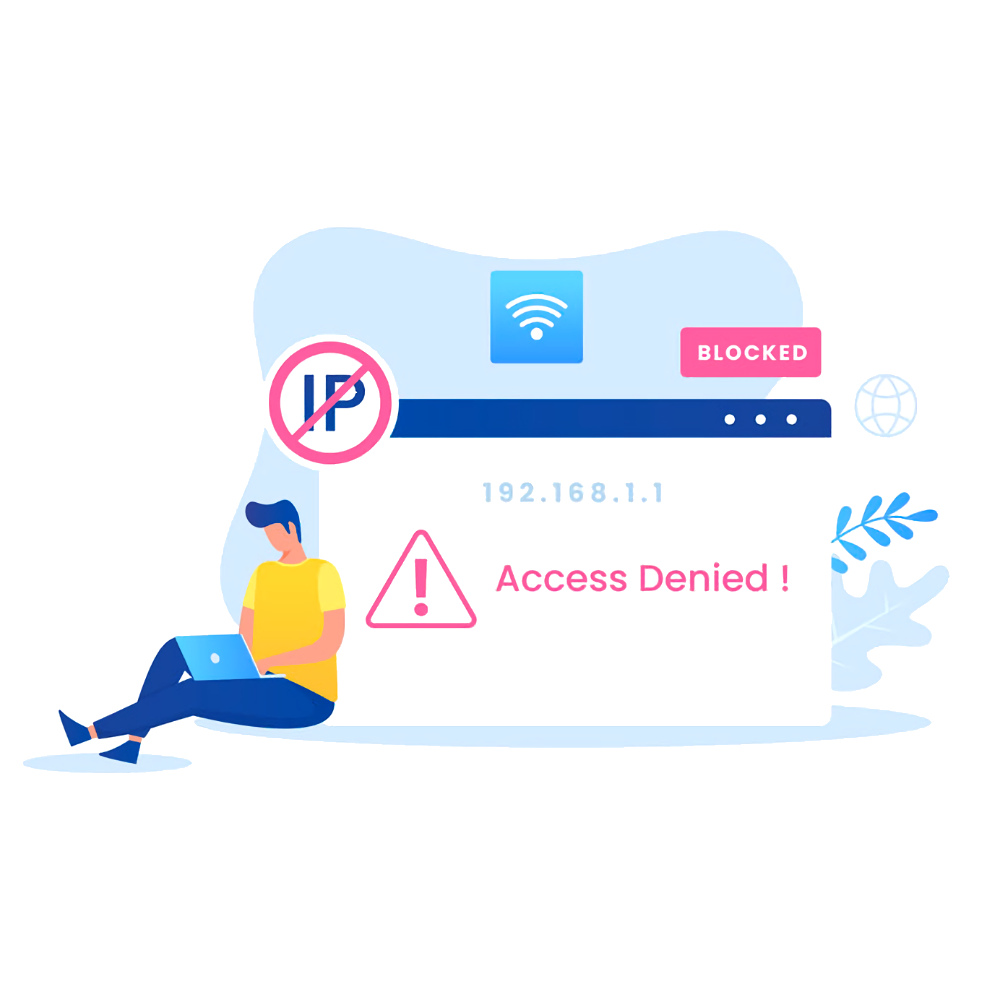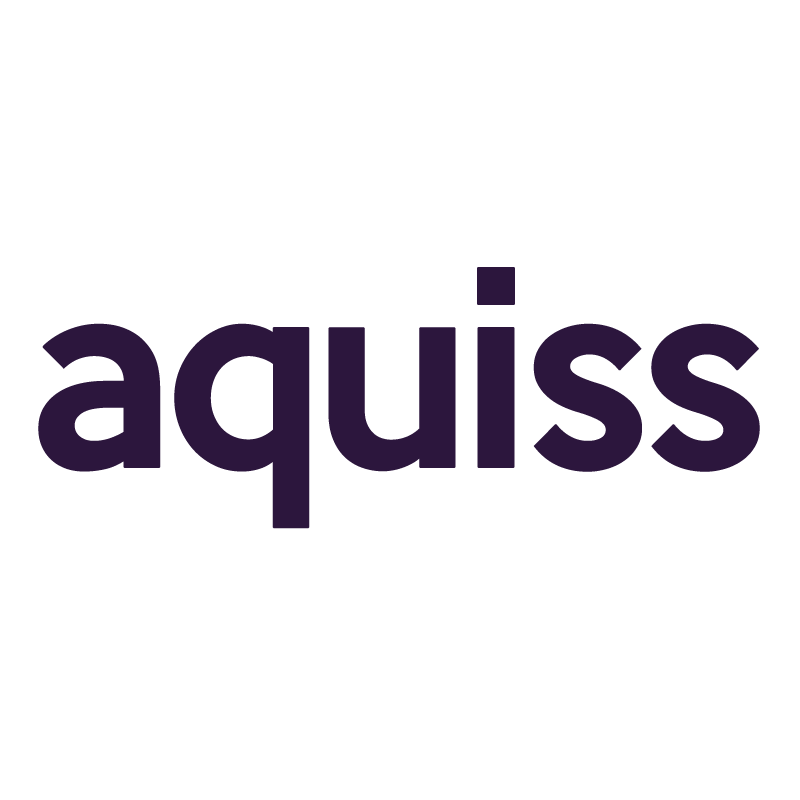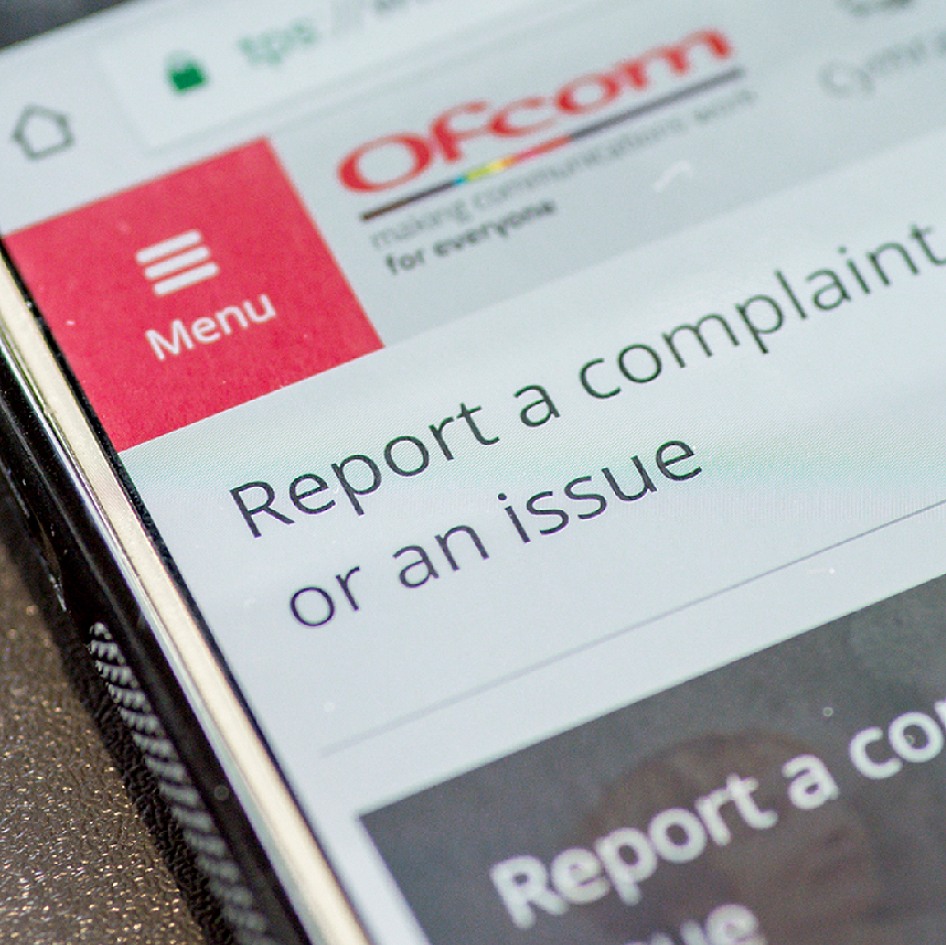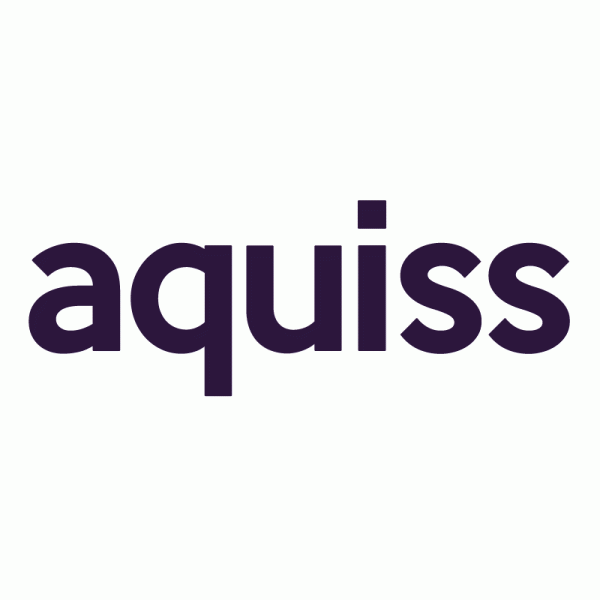Gov Publish UK Online Safety Bill to Censor “Harmful” Content UPDATE

After much delay the UK Government will today publish a draft of their new Online Safety Bill (Online Harms), which among other things hands Ofcom a new “legal duty of care” that can be used to force websites into removing “harmful” internet content. Failing to do so may risk being fined or blocked by mobile and broadband ISPs.
The proposed legislation, which is intended to replace the old model of self-regulation that has struggled to keep pace with the changing online environment (i.e. the Government believes too much “harmful” content is allowed to slip through a fairly weak net), faces the unenviable task of trying to strike the right balance between freedom of expression and outright censorship.
Various examples exist for “harmful” content (e.g. terrorism, child abuse, self-harm and suicide imagery etc.), such as the rise of the ISIS terrorist group online a few years ago, as well as state sponsored propaganda from hostile countries, online bullying, the spread of COVID-19 related 5G conspiracy theories (encouraging criminal attacks against infrastructure and engineers) and so forth. Social media firms did eventually catch-up, but they’re often late to the party.
The draft Online Safety Bill (OSB), which is to be “scrutinised by a joint committee of MPs before a final version is formally introduced to Parliament,” is the Government’s response to this. Essentially, it proposes to introduce new laws for websites and online content providers that would be enforced by Ofcom through a Code of Practice (CoP).
The key focus is clearly on bigger “companies” (e.g. Facebook, Twitter and YouTube), although there’s still a risk that masses of smaller sites (blogs, forums etc.) could face some of the same rules, but in practice that may be unworkable. At the time of writing, we haven’t yet been able to see the draft, so it’s difficult to know what has changed since last year’s outline was published (here).
Summary of Key OSB Proposals
➤ New additions that they claim will “strengthen people’s rights to express themselves freely online“, while seeking to protect journalism and democratic political debate in the UK.
➤ Further provisions to tackle prolific online scams such as romance fraud, which have seen people manipulated into sending money to fake identities on dating apps.
➤ Social media sites, websites, apps and other services hosting user-generated content or allowing people to talk to others online [i.e. internet messaging services] must remove and limit the spread of illegal and harmful content such as child sexual abuse, terrorist material and suicide content.
➤ Ofcom will be given the power to fine companies failing in a new duty of care up to £18 million or 10% per cent of annual global turnover, whichever is higher, and have the power to block access to sites. But as we know, ISP based website blocks are inherently easy to circumvent and anybody who goes actively looking for such content will no doubt still be able to find it if they want (unless it’s removed at source when requested).
➤ A new criminal offence for senior managers has been included as a deferred power. This could be introduced at a later date if tech firms don’t step up their efforts to improve safety.
One obvious challenge in all this is whether the Government can actually do a better job through legislated regulation than the industry has done via self-regulation. Simply adding new laws doesn’t make this any easier. Sadly, trying to police the common public expression of negative human thought, while balancing that against free speech, is often fraught with difficulty.
At present it’s also unclear whether the Government will still be shopping out their responsibility by expecting commercial companies to define things like “legal but harmful” content in their terms, which was what they seemed to be suggesting last year. The Government must take responsibility for such a critical aspect themselves.
Digital Secretary, Oliver Dowden MP, said:
“Today the UK shows global leadership with our groundbreaking laws to usher in a new age of accountability for tech and bring fairness and accountability to the online world.
We will protect children on the internet, crack down on racist abuse on social media and through new measures to safeguard our liberties, create a truly democratic digital age.”
The announcement expressed an “aim to create the most progressive, fair and accountable system in the world,” which makes it all sound very positive but perhaps glosses over some looming challenges, particularly when extended to the greyer areas of speech. But first, here’s a more detailed summary of the different areas that this bill intends to tackle (directly quoted).
Take note that the bill doesn’t extend to fraud via advertising, emails or cloned websites (financial harms), although the Government has pledged to publish a Fraud Action Plan after the 2021 Spending Review and the Department for Digital, Culture, Media and Sport (DCMS) will consult on online advertising, including the role it can play in enabling online fraud, later this year.
✦ Duty of care
In line with the government’s response to the Online Harms White Paper, all companies in scope will have a duty of care towards their users so that what is unacceptable offline will also be unacceptable online.
They will need to consider the risks their sites may pose to the youngest and most vulnerable people and act to protect children from inappropriate content and harmful activity.
They will need to take robust action to tackle illegal abuse, including swift and effective action against hate crimes, harassment and threats directed at individuals and keep their promises to users about their standards.
The largest and most popular social media sites (aka – Category 1 services) will need to act on content that is lawful but still harmful such as abuse that falls below the threshold of a criminal offence, encouragement of self-harm and mis/disinformation. Category 1 platforms will need to state explicitly in their terms and conditions how they will address these legal harms and Ofcom will hold them to account.
The draft Bill contains reserved powers for Ofcom to pursue criminal action against named senior managers whose companies do not comply with Ofcom’s requests for information. These will be introduced if tech companies fail to live up to their new responsibilities. A review will take place at least 2 years after the new regulatory regime is fully operational.
The final legislation, when introduced to Parliament, will contain provisions that require companies to report child sexual exploitation and abuse (CSEA) content identified on their services. This will ensure companies provide law enforcement with the high-quality information they need to safeguard victims and investigate offenders.
✦ Freedom of expression
The Bill will ensure people in the UK can express themselves freely online and participate in pluralistic and robust debate.
All in-scope companies will need to consider and put in place safeguards for freedom of expression when fulfilling their duties. These safeguards will be set out by Ofcom in codes of practice but, for example, might include having human moderators take decisions in complex cases where context is important.
People using their services will need to have access to effective routes of appeal for content removed without good reason and companies must reinstate that content if it has been removed unfairly. Users will also be able to appeal to Ofcom and these complaints will form an essential part of Ofcom’s horizon-scanning, research and enforcement activity.
Category 1 services will have additional duties. They will need to conduct and publish up-to-date assessments of their impact on freedom of expression and demonstrate they have taken steps to mitigate any adverse effects.
These measures remove the risk that online companies adopt restrictive measures or over-remove content in their efforts to meet their new online safety duties. An example of this could be AI moderation technologies falsely flagging innocuous content as harmful, such as satire.
✦ Democratic content
Ministers have added new and specific duties to the Bill for Category 1 services to protect content defined as ‘democratically important’. This will include content promoting or opposing government policy or a political party ahead of a vote in Parliament, election or referendum, or campaigning on a live political issue.
Companies will also be forbidden from discriminating against particular political viewpoints and will need to apply protections equally to a range of political opinions, no matter their affiliation. Policies to protect such content will need to be set out in clear and accessible terms and conditions and firms will need to stick to them or face enforcement action from Ofcom.
When moderating content, companies will need to take into account the political context around why the content is being shared and give it a high level of protection if it is democratically important.
For example, a major social media company may choose to prohibit all deadly or graphic violence. A campaign group could release violent footage to raise awareness about violence against a specific group. Given its importance to democratic debate, the company might choose to keep that content up, subject to warnings, but it would need to be upfront about the policy and ensure it is applied consistently.
✦ Journalistic content
Content on news publishers’ websites is not in scope. This includes both their own articles and user comments on these articles.
Articles by recognised news publishers shared on in-scope services will be exempted and Category 1 companies will now have a statutory duty to safeguard UK users’ access to journalistic content shared on their platforms.
This means they will have to consider the importance of journalism when undertaking content moderation, have a fast-track appeals process for journalists’ removed content, and will be held to account by Ofcom for the arbitrary removal of journalistic content. Citizen journalists’ content will have the same protections as professional journalists’ content.
✦ Online fraud
Measures to tackle user-generated fraud will be included in the Bill. It will mean online companies will, for the first time, have to take responsibility for tackling fraudulent user-generated content, such as posts on social media, on their platforms. This includes romance scams and fake investment opportunities posted by users on Facebook groups or sent via Snapchat.
Romance fraud occurs when a victim is tricked into thinking that they are striking up a relationship with someone, often through an online dating website or app, when in fact this is a fraudster who will seek money or personal information.
Analysis by the National Fraud Intelligence Bureau found in 2019/20 there were 5,727 instances of romance fraud in the UK (up 18 per cent year on year). Losses totalled more than £60 million.
Fraud via advertising, emails or cloned websites will not be in scope because the Bill focuses on harm committed through user-generated content.
At this stage it’s probably safe to assume that Category 1 companies will include those such as Facebook, TikTok, Instagram and Twitter etc. However, at the time of writing the government have yet to clarify exactly what measures may be required by smaller organisations under Category 2 etc.
A minefield of legislation
Naturally, for all the positive aspects in the new law, it also seems set to come with a few possible caveats. For example, the threat of huge fines might result in companies trying to reduce their liability for such content by introducing automated filtering systems, which are notorious for being overzealous and unable to understand context (e.g. people joking about blowing up a city in a video game vs actual terrorists). Only bigger sites could actually afford to do this and the end result is usually significant over-blocking of lawful content (mass censorship).
The Government hopes that their provisions will “remove the risk that online companies adopt restrictive measures or over-remove content in their efforts to meet their new online safety duties“, but it also seems to make it much harder for those systems to function properly and may thus require many more human moderators.
Indeed, it’s stated that Ofcom’s new codes will require “having human moderators take decisions in complex cases where context is important,” which sounds like something many people would welcome, but it overlooks the reality of how they may be needed for masses of decisions because CONTEXT IS ALWAYS IMPORTANT.
The economic models for internet content are radically different from the offline world. Many websites are written by just one person or a few people and yet can be read by millions, despite running off a shoestring budget (this is how the internet works and remains one of its core appeals). Forcing such sites to implement unaffordable measures, which will also need to work across lots of different software, may thus be unworkable – it remains to be seen if Category 2 will offer some protection.
One of the biggest issues of all is also the age-old problem of how you define things like bullying or hate speech in the first place and then separate that from related content or context, which may include criticism of the same subject, as well as satire, the right to cause offence (allowed under current freedom of speech rules), political free speech and so forth. Automated filters rarely get this stuff right and moderators can also struggle.
Similarly, trying to act against content that is deemed “lawful but still harmful” sounds like something that will keep the lawyers busy for many years to come, particularly when those same companies are also being asked to “put in place safeguards for freedom of expression.” The legislation believes it can deliver a balance here, but we’re not at all convinced it’ll succeed without causing plenty of its own harm.
A question of encryption
At present, it seems as if the Government, at almost every opportunity, is still trying to find ways of banning end-to-end encryption methods. The OSB announcement clearly states that these rules will apply to any services that are “allowing people to talk to others online“, which has previously been linked to internet messaging services like WhatsApp and closed social media groups etc.
Such a requirement would be difficult for any service that uses end-to-end encryption because not even the service owner can see what’s being said. Some will thus see this as an attempt to ban such encryption on those platforms, which would be somewhat of a double-edged sword as it also makes them less secure (i.e. encryption keys controlled by the company rather than hidden).
Finding a balance on this front is difficult because encryption is not a specific service, it’s a method that is used all over the place from financial transactions to website communications (HTTPS etc.), and there’s absolutely nothing that anybody could do to stop people making their own encryption (this is common). As security experts often warn, you can’t allow one state or group to have special access and then expect that not to be abused by others (e.g. hackers or less democratic countries).
Closing thoughts
Like it or not, this is not just about policing online platforms but about policing what YOU all do and say online. Granted some people go to extremes, but those often cross over into more clearly defined aspects of illegality, while what is talked about above extends to the murky area of “lawful but still harmful.” As such it’s hardly surprising that the Government has taken so long to piece the draft OSB together, it’s an absolute minefield.
On this point we can’t always assume we will, in the future, be governed by a truly democratic system that protects our freedoms and privacy. Giving a future anti-democratic government such control over what we can access and how we communicate would thus seem to be unwise, which is something worth considering as the OSB debate runs its course over the next couple of years. Future mission creep could easily make it dangerous.
At this point we note how the announcement itself makes no mention of the much-delayed proposals for a new system of Internet Age Verification (here), which was supposed to have been rolled into it. This was originally due to be implemented by commercial websites and “apps” containing pornographic content (i.e. ISPs would have to block those that failed to comply).
The aforementioned approach faced delays and became beset by concerns over weak privacy controls (e.g. handing passports and payment details to companies linked with porn peddlers), cost, the potential impact upon sex workers (i.e. pushing them off-line and back onto the streets), freedom of expression and technical limitations (easy to circumvent, not least via VPN or DNS over HTTPS etc.). We’ll update later once we’ve had a chance to read the OSB.
Meanwhile we’re still left with plenty of questions, such as how long will such platforms be given to remove such content? A time span of just 1 hour was mentioned before, but that is unworkable on smaller sites (humans need to sleep and take breaks) and on bigger sites would encourage automated filtering.
Likewise, it remains unclear how far the new rules will go toward tackling conspiracy theories and fake news, which some politicians often exploit (e.g. Donald Trump). The announcement merely mentions “mis/disinformation.” But if speech is only deemed “free” when it can be found to be objectively and demonstrably true then that carries other problems (consider the case of different “religions” while you ponder this).
As it stands the Government faces an incredibly difficult balancing act. On the one hand they need to do more to tackle harmful online content, but on the other they have to avoid the risk of creating a draconian censorship regime and harming free speech, even though that might not be their intention.
Finally, the Culture Secretary, Oliver Dowden, has previously said that the most important provision in the new bill is “to make what’s illegal on the street, illegal online“, which sounds fair except there’s no Ofcom for the street, and no street owner duty of care for what pedestrians say to each other.
However, Dowden has agreed that there are cases where anonymity may be required and thus a blanket ban on anonymous posting (the source for a lot of abuse) is unlikely. “For example if you are looking to flee domestic violence or if, for example, you’re a teenager exploring your sexuality, you don’t want others to know about it – there are legitimate grounds for preserving anonymity. So, whilst we continue to keep this under review, I’m just a bit concerned about a blanket ban on anonymity.”
UPDATE 13th May 2021
The Online Safety Bill is now published and it does not appear, at present, to contain the Age Verification proposal for porn sites. But that’s not to say it won’t be re-introduced, in some form, as the bill makes it way through parliament.
Mark is a professional technology writer, IT consultant and computer engineer from Dorset (England), he also founded ISPreview in 1999 and enjoys analysing the latest telecoms and broadband developments. Find me on X (Twitter), Mastodon, Facebook and Linkedin.
« What3words Helps Openreach to Pinpoint UK Network Damage
Latest UK ISP News
- FTTP (5513)
- BT (3514)
- Politics (2535)
- Openreach (2297)
- Business (2261)
- Building Digital UK (2243)
- FTTC (2043)
- Mobile Broadband (1972)
- Statistics (1788)
- 4G (1663)
- Virgin Media (1619)
- Ofcom Regulation (1460)
- Fibre Optic (1394)
- Wireless Internet (1389)
- FTTH (1381)





























































Problem with this is it will ignore actual dangerous content and simply go after conservative speakers to deplatform them as what happens time and time again with these types of provisions. Therefore Twitter will be free to keep housing bonafide child abuse. But parler will be blocked for a single post supporting Trump.
Problem? This is the plan from the beginning…
As many said over a decade ago, they will start with extreme content and work their way inwards until everything is censored to their liking.
“Go after Conservative speakers”.
In other news, the progressive liberal, Boris Johnson, has been appointed Director of Liberty. Johnson, a formally populist authoritarian British Prime Minister, was quoted as saying “for too long my sleeze-riddled, incompetence was allowed to continue unchecked. The conservative speakers who supported me could just make any old shit up and I would win landslide referenda and elections as a result. This must stop. This is why I chose to introduce this legislation to go after those conservative speakers who supported me and shut them down.”
Whilst there is a lot to unpick in this legislation, and that is even harder to do without so much as a draft bill, the aim is certainly not to “go after” precious little snowflake “conservative speakers” such as yourself. Boris Johnson is a lot of things, but even he would not legislate himself into a political and legal ouroboros.
So it begins, the censorship of the UK internet to further political aims under the guise of protecting the population.
The protection of children has long been the sacred cow the government love to use in order to push their own agenda when it comes to trying to ban / stymie E2E encryption. If you oppose it they’ll simply accuse you of aiding the likes of the man in the article linked below.
https://www.edp24.co.uk/news/facebook-end-to-end-encryption-could-protect-paedophiles-7305400
This story was one that Priti Patel chimed in on to point out the ills of the yet to be implemented E2E facebook encryption, at no point does anybody in government mention some of the kids were as young as 7 and were allowed free reign on facebook.
That’s because it’s not about educating parents and the population about social media usage like a cyber equivalent of stranger danger, it’s about exploiting the published stories of online child-abuse to push their own agenda.
therein lays the problem, parents are supposed to keep an eye on their childrens online activity, you hear so many opinions complaining about how they take issue to tax money helping those in need but when it comes to taking care of their own childrens online safety they expect someone else to do it…
and lets not forget facebooks own T&Cs explicitly state (at least from what l remember, its been a very long time since l signed up) that children under the age of 13 shouldnt be signing up, which brings up the question… what the hell are the parents doing letting their children under 13 sign up on facebook when it literally states they shouldnt be letting them sign up!
I wonder if these politicians will still be keen to ban end-to-end encryption when they find their bank accounts drained as a result?
I suspect they’d make an exception for some areas, like those.
lol of course a post like this would attract the waah tories bad wokies…
insults everyone, wonders why they lost.
you do realise of course that government can be taken to court, right? of course not. waah tories, muh 1984! must superglue myself to something.
Once again in proper sentences, please?
Tory, Labour…you’re both as bad as one another. They’re all in it for themselves and they’re mates, nothing more.
@Buggerlugz
This, tbh
to be honest neither party is worth voting for at the moment.. though thats always been the case when it comes to Tory values.. but the real problem is that regardless of how unelectable parties are at the moment not voting will always lead back to putting clowns like Boris in charge. though lve never understood why the public is so against socialist ideas.. after all capitalism has never made any of us normal folk better off, if anything the Tory version of capitalism is more like socialism just for the wealthy whereas the opposite tends to mean everyone gets more of a share of the wealth just going to the top at the moment.
oh god this is a website about broadband. But, politics.
Well ok I’ll wade in. Labour has ZERO policies on broadband. None (do they have any actual policies about anything besides “well, at least we’re not tory”). They’re too busy talking about the cost of wallpaper and who funded what. I care about the issues that actually affect me. I care about broadband. I want FTTP. I don’t want to see people waxing lyrical about the cost of wallpaper, I want to see a national fibre network.
I want a fibre network. I see one side offering that, and I see another bickering about wallpaper and insulting the majority of voters. Guess who I’m more inclined to vote for push come to shove?
I wonder if this will censor hate-filled anti-Trump bigots like Mark Jackson, though? Even though Joe Dementia Biden spews nothing but lies and hatred, but because he’s a demotwat its OK.
Wow.
Always wondered about the types of people who genuinely think Trump is “better” than Biden and now I see. Foul mouthed, delusional and clearly clueless all displayed in one post.
You have to have a very special kind of mental illness coupled with wilful ignorance to seriously believe Biden is a worse choice than Trump by any measure of better.
Just staggering stupidity.
PoliticalGenius you just basically described every Labour supporter I ever met. Before I get labelled, I used to vote Lib Dem, but I give up on voting because they’re all a shower of .. you know what’s. But every labour voter I ever read or spoke to spouted tons of bile about Trump this, Boris that, little Englander/Xenophobe/Racist etc and yet they wonder why they lost two general elections and lost Hartlepool. Perhaps insulting the voting majority wasn’t the best idea? Might the lefts losses be because all they can ever do is criticise the people that didn’t vote the way they did? Might it be because the woke fandom spew nothing but bile about the tory voters? They can’t honestly say that they lost because of old farts who all vote tory, the numbers just don’t add up. A significant number of younger voters must also be voting tory. But even here, on a tech website about broadband and ISPs we see ah they’re all bad, but the tories are worse and tory bad.
They’re all equally pants but the tories have always been bad apparently according to our lovely commentators. Labour needs to take it’s head out of between it’s legs, stop insulting the majority of voters and actually come up with something, some actual goddam policies. Hows about deal with the issues of the common person? Including broadband? Labour has ZERO policy in this regard beyond Corbyn’s bizarre dream of “free” basic broadband for alles, which we’d all end up funding.
But back to the matter at hand, while still talking politics. What have you seen Labour talk about with regards to gigabit broadband? 5G ? to connected cities? They’d rather do PR stunts in John Lewis about the cost of wallpaper while having no actual policies.
This nation needs to do some healing. But it seems we are as divided as ever. But I’ll tell you one thing .. insulting the other side will get us nowhere. Pretending you’re better than the other because you vote for party X instead of party Y will also get you nowhere.
Both parties suck in my opinion. One has a gigabit broadband plan though. The other wants to talk about wallpaper and the cost of flats and pretend they understand something about the pandemic when they don’t. I’ll vote for neither, but i can see the appeal of one over the other. And I’m in my 20s, I’m not a boomer, nor can you label me this or that because it just doesn’t fit (and I don’t care either way).
Who cares about Trump? he’s history. Who cares about Biden who can’t remember the name of his opponent or climb some stairs. You know what I care about? Broadband, jobs, recovery. Not who’s the American president, or John Lewis wallpaper PR stunts, or who paid for who’s flat refurb.
There are problems in society, and then there are whingers.
Wouldn’t it be great if we could talk about broadband on this broadband discussion website instead of politics and whatever Political genius/The numbertaker/Ted/Buggerlugz/imbetterwhatever/labourdidthisorthat want to rabble on about?
You’re all a shower of s***s . Grow up. Take your political bs to Twitter or Reddit instead
There is a critique of the proposals here https://reclaimthenet.org/online-safety-bill/
The Online Safety Bill, also known as the Waah Someone Was Mean To Me On Twitter Bill.
There are already plenty of laws which govern speech. While Hate speech is defined and encapsulated in law, bullying and cyberbullying are not, the Online Harms White paper simply described them as “less well defined harms”. But when you peel back those labels and look at the types of things said during a cyberbullying attack, then there are plenty of laws which apply. Even the 1861 Offences Against the Persons Act applies. Most people have no awareness of the intricacies of speech law, under the misconception that “Freedom” Of Speech allows you to say whatever, to whoever, whenever, with impunity. This isn’t the case. Freedom of Speech is not an absolute right, unlike Freedom of Thought, but is a limited one. Maybe this should be taught in schools? Or maybe social media companies, in lieu of their users being experts, should step in and act as the publishers many say they should be classed as.
Words absolutely do hurt, in extremis resulting in child suicide. I suppose it’s a question of whether you think laws that apply offline, which for the most part we accept, should also apply online, or whether a world where it takes less than 40 mins for a predator to sextort a child is OK. As the IWF’s 2020 report (to pick one) shows, self-regulation isn’t working.
One part of the bill I agree with is the idea of stopping bullies and other criminals hiding behind anonymity to bully and herrass people and to potentially cut down many other hurrendous crimes committed online, people will still be able to have freedom of speech, but they will just have to be brave enough to do it under their real names rather than fake personas, there definatly needs to be some sort regulations and ID checks for everyone who uses social media, it would definatly stop ALOT Internet trolls in there tracks and stop alot hate speech/crime and make social media safer, I think that’s the main good thing about the bill all the other part I couldn’t care less about, that’s my opinion, and my freedom of speech better say what we truly think now before we no longer can lol
If you’re expecting to have your personal details checked and vetted when posting on ISPreview in the future, that’s not going to happen. I think we’d sooner shut down community engagement than have to deal with the cost and liabilities, as well as the technically unworkable aspects, of implementing the new bill.
As it is, I think there’s an exception for anonymous news comments, but we’ll have to see. Either way, in my experience, when you put an ID system between the user and content submission, then most people prefer not to bother and avoid sharing their personal details out further.